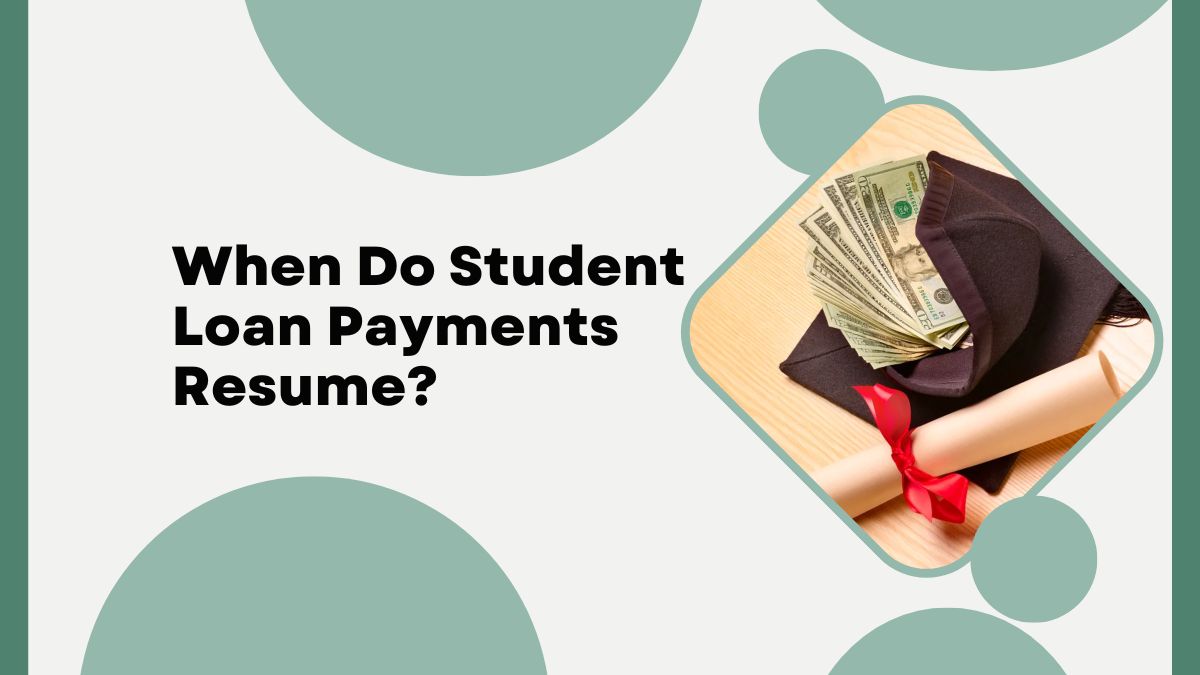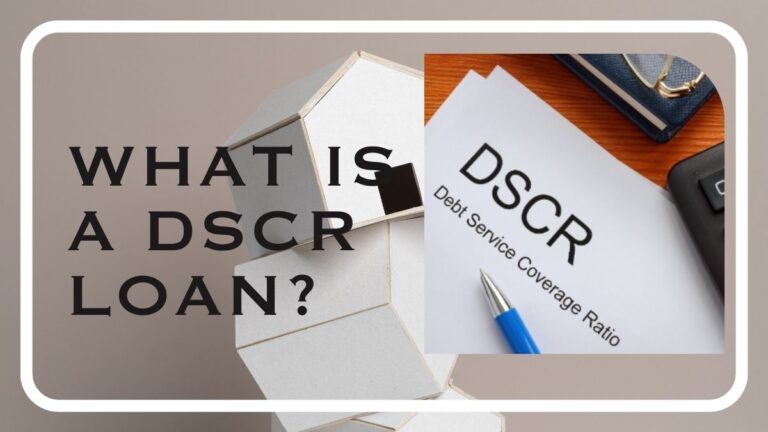When Do Student Loan Payments Resume?
Are you one of the millions of students who took out loans to fund your education? If so, you’re likely wondering when those pesky student loan payments will resume. It’s been a nice break, hasn’t it? But unfortunately, the time is approaching for many borrowers when they’ll need to start repaying their debts once again.
In this blog post, we’ll explore how to determine when your student loan payments will resume and provide some helpful tips if you find yourself struggling to afford them. We’ll also discuss alternatives to student loans that may be worth considering.
So grab a cup of coffee (or maybe something stronger), sit back, and let’s dive into the world of resuming student loan payments!
How to know when your student loan payments will resume?
- One of the questions that many students and graduates have been asking is when their student loan payments will resume. With the COVID-19 pandemic causing financial uncertainty for many, it’s understandable that people want to know what to expect. The good news is that there are a few ways you can find out when your student loan payments will resume.
- You should keep an eye on any communication from your loan servicer or lender. They will likely reach out to you with information about when your payments are set to restart. It’s important to read these messages carefully and take note of any deadlines or instructions provided.
- Additionally, you can visit the website of the Department of Education or your loan provider for updates on student loan repayment plans. These websites often have resources and FAQs specifically related to COVID-19 and its impact on student loans.
- Another option is to contact your loan servicer directly. They should be able to provide you with personalized information about when your specific payment obligations will kick back in.
- It’s also worth noting that some relief measures may still be in place depending on where you live and the type of loans you have. Keep yourself informed about any temporary payment suspensions or forbearance options available through government programs.
Remember, staying proactive by seeking reliable sources of information and reaching out directly if needed will help ensure that you stay informed about when your student loan payments are expected to resume!
What to do if you can’t afford your student loan payments?
- What to do if you can’t afford your student loan payments? It’s a question that many borrowers find themselves asking, especially in times of financial hardship. If you’re struggling to make ends meet and the thought of making those monthly payments is causing you stress, don’t panic! There are options available to help alleviate some of the burden.
- It’s important to communicate with your loan servicer as soon as possible. Ignoring the issue will only make matters worse. They may be able to offer you alternative repayment plans such as income-driven repayment or extended repayment options. These plans can adjust your monthly payments based on your current income or extend the term of your loan, allowing for smaller payments over a longer period.
- Another option is deferment or forbearance. These temporary relief programs allow borrowers to temporarily suspend their loan payments without accruing interest (in certain cases). However, it’s worth noting that interest may continue to accrue during forbearance periods for certain types of loans.
- If none of these options work for you or are not enough, consider seeking out assistance from a credit counselor who specializes in student loans. They can provide guidance on managing your debt and potentially negotiate more favorable terms with lenders on your behalf.
- Remember, defaulting on student loans can have serious consequences such as damage to your credit score and even wage garnishment. So it’s crucial to explore all available alternatives before reaching that point.
If you find yourself unable to afford your student loan payments, don’t despair! Reach out to your loan servicer and explore alternative repayment plans or temporary relief programs like deferment or forbearance. Consider seeking assistance from a credit counselor who can guide you through managing and negotiating better terms with lenders if needed. Remember, taking action early is key to avoiding potential long-term consequences associated with defaulting on student loans
Alternatives to Student Loans
- Scholarships and Grants: One great alternative to student loans is securing scholarships or grants. These are essentially free money that you don’t have to pay back! Many organizations, foundations, and even colleges offer scholarships based on various criteria such as academic achievement, talent in a particular field, or financial need.
- Work-Study Programs: Another option is participating in work-study programs offered by your college or university. These programs allow students to work part-time jobs on campus while earning money towards their education expenses. Not only do they provide financial assistance but also valuable work experience.
- Personal Savings and Part-Time Jobs: If you have been saving up money for some time, it can be used towards covering your education costs instead of taking out a loan. Additionally, getting a part-time job during your studies can help offset the expenses.
- Crowdfunding and Peer-to-Peer Lending: With the advent of technology, crowdfunding platforms have become popular options for students seeking funding for their education. You can create campaigns explaining your situation and reach out to friends, family members, or even strangers who may be willing to contribute financially.
- Employer Tuition Assistance Programs: Some companies offer tuition assistance programs as part of their employee benefits package. If you’re already working full-time or plan on doing so while studying part-time, this could be a viable option worth exploring.
Remember that each individual’s financial situation is unique; therefore it’s crucial to thoroughly research and consider all available alternatives before making any decisions regarding financing your education journey.
Conclusion
Being aware of when your student loan payments will resume is crucial for managing your finances effectively. By keeping track of the information provided by your loan servicer, you can stay prepared and avoid any surprises.
In the event that you find yourself unable to afford your student loan payments once they resume, it’s important not to panic. There are options available to help alleviate financial strain, such as income-driven repayment plans or loan deferment. Reach out to your loan servicer and explore these alternatives before defaulting on your loans.
Remember, taking out student loans may have been a necessary step in pursuing higher education, but they don’t have to be a lifelong burden. If possible, consider alternative ways of funding your education or reducing the amount of debt you accumulate. Scholarships, grants, part-time employment opportunities, or attending community college before transferring to a four-year institution are all viable options worth exploring.






